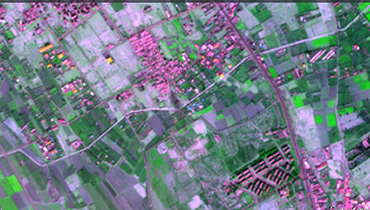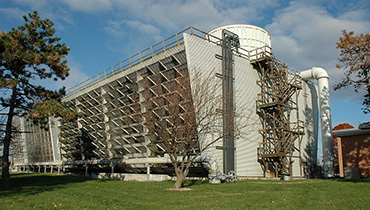2015.- Who are behind the food security initiatives in Nicaragua – a comparative network analysis across public policy cycle
 |
Autores: | M. Moncayo Miño and J.L. Yagüe Blanco |
| Título del capítulo: | Who are behind the food security initiatives in Nicaragua – a comparative network analysis across public policy cycle | |
| Editores: | Leire Escajedo San-Epifanio and Mertxe De Renobales Scheifler (Eds.) | |
| Título del libro: | Envisioning a future without food waste and food poverty. Societal challenges. (Conference Proceedings) | |
| Fecha: | 2015 | |
| Lugar: | Wageningen, Holanda | |
| Editorial: | Wageningen Academic Publishers | |
| ISBN/ISSN/DOI: | eISBN: 978-90-8686-820-9/ISBN: 978-90-8686-275-7 / https://doi.org/10.3920/978-90-8686-820-9 | |
| Enlace: | Pinche aquí |
Abstract
Latin America has made considerable advances in terms of developing formal agreements and the establishment of a legal framework that safeguards the right to food. Some countries like Nicaragua are promoting new local working bodies for fighting hunger. These aim to provide greater governance in food security and strengthening policies and programmes. The Nicaraguan food security law was adopted in 2009 and allows local governments to implement a Municipal Committee of Food Security to liaise with stakeholders and enhances an ongoing dialogue between the central government and civil society. The aim of this research is to recognise how this network is related, showing the actors who have more control over the development and implementation of public policies that promote the right to food. Employing policy network analysis as methodology, actors of these committees in seven municipalities were interviewed. Their interaction in the public policy cycle was evaluated, resulting that Municipal Committee represents an arena within which institutional and societal interests interact, establishes priorities and defines resource mobilisation from public and private sources. The central government institutions are active participants over the entire cycle, which is the principal component of the network and remains a central actor in these processes along with other actors. Local government interacts in the cycle but has no main responsibilities, while some institutions prefer to work with civil society organisations directly. The agenda-setting and implementation phases have more interaction including cooperation and academic actors. In formulation, approval and evaluation phases the State institutions are the key actors defining objectives and goals. The results show how actors interact at municipal level and allow future joint initiatives to take into account the particularities of this research.
Keywords: governance, COMUSSAN, policy network













